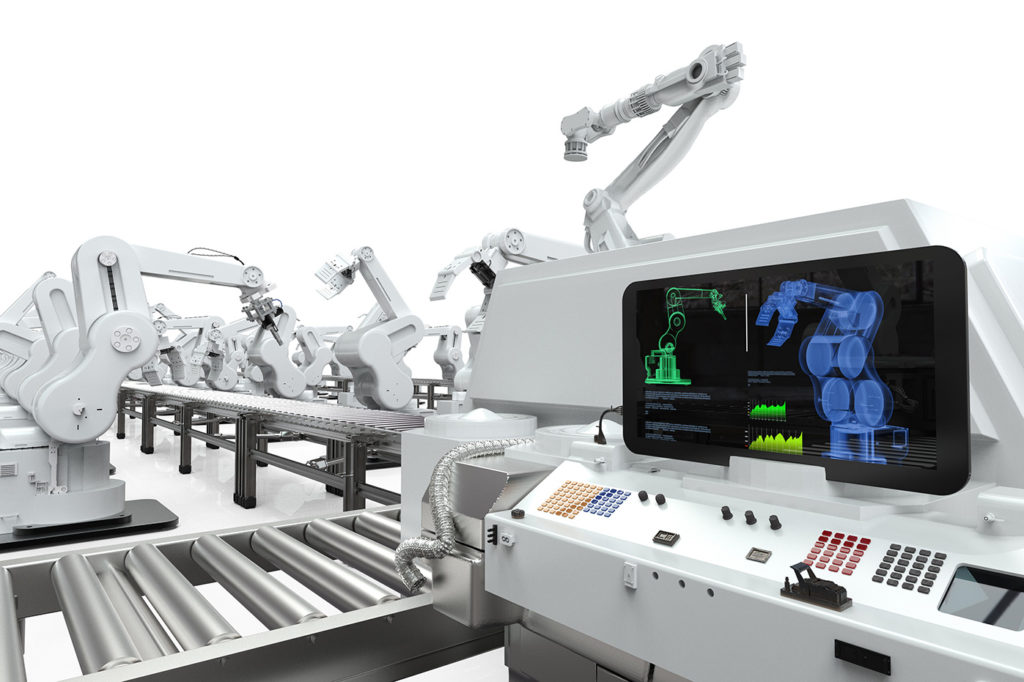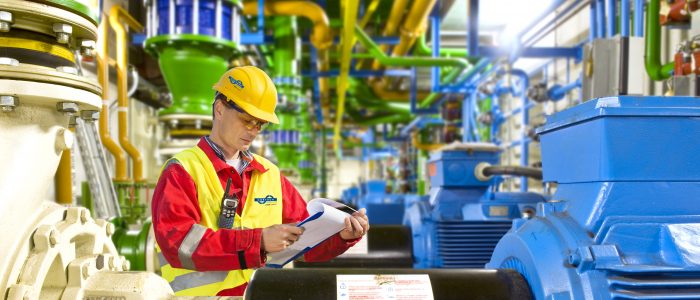Manufacturers do not necessarily buy brand-new equipment, most of the time, they are always looking at the two main options, either to buy a brand-new or buy a piece of used equipment for their company. Of course, buying a brand-new one will surely have all the benefits of brand-new equipment and it is always the best choice for those who have the right budget, but, it is not the most practical way after all.
Buying used machinery or equipment for industrial purposes has benefits and advantages just like buying a brand-new one if you are able to purchase the one that has no issues, the one that does not malfunction or will not cost you more money in the end.
Nevertheless, purchasing a piece of used industrial equipment should have strong points of consideration and must always involve an intensive process in buying one. There are a lot of considerations that you have to think of in order to address your wants and needs in this kind of investment. That is why one of the most reliable suppliers of second hand equipment australia has put up together the best guide in buying a second-hand or used industrial equipment to make sure your investment for this goes the right direction.

- Requirements and specifications- Regardless if you are buying used equipment to start a business or replacing your existing machinery, you should first pinpoint your needs. There are many factors that trigger you to buy a piece of used industrial equipment, and that would be the equipment may not function optimally after several years of service and needs a replacement. The specifications of the equipment should fit your requirements because you might buy the wrong set of equipment that might ruin your experience.
- Set a budget- You should set a budget and know how much do you want to pay for the equipment you need to purchase like doing research because, in this way, you have the idea how much money you need for the replacement. Used equipment is way cheaper than buying a brand-new one, but make sure that the price tag of the equipment should be reasonable enough, and not overpriced.
- List down the prices and compare it- This is very essential especially if the equipment that is up for sale is being sold through bidding and negotiations so that you can come up with a reasonable negotiated price that is just and right, and of course this will give you an idea whether or not the equipment’s condition is worth with its price.
- Warranties and liabilities- It is always part of purchasing used industrial equipment that is sold “as-is” or “where-as” with all its faults and without recourse of it because the buyer will not have warranties on the equipment that was purchased, therefore it is important for the buyer to conduct an inspection.
- Know the taxes included with the purchase- If the equipment is up for auction, you as the buyer is liable for all the related taxes unless you have a tax exemption certificate, but it is very important to know what are the taxes that you need to pay so that you can include it with the current budget to buy the industrial equipment.
